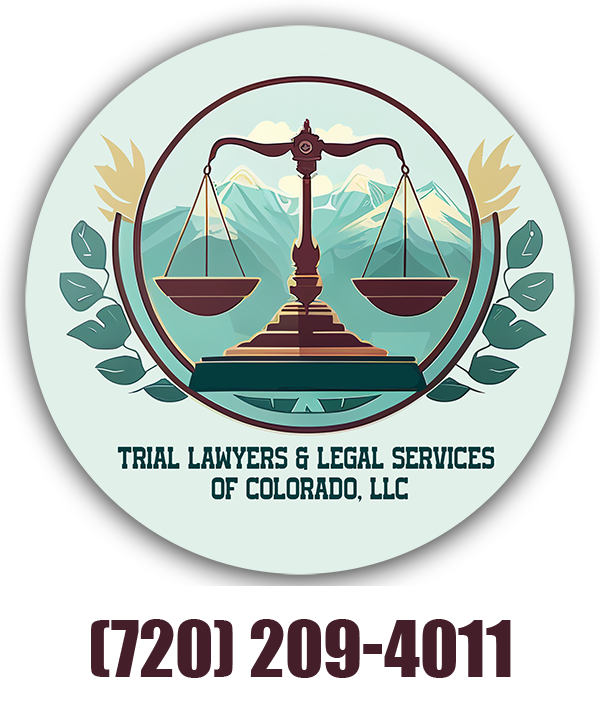Workers Compensation Law - An Administrative Law Forum
“A Court for the People”
Law Protecting Injuries Suffered in the Workplace
Worker’s compensation laws in Colorado are designed to protect workers who are injured or become ill as a result of their job. In Colorado, employers are required to carry worker’s compensation insurance, which provides benefits to employees who are injured or become ill while on the job.
Here are some basics of worker’s compensation law in Colorado:
- Who is covered: Most employees in Colorado are covered by worker’s compensation, including both full-time and part-time employees. Independent contractors, volunteers, and some agricultural workers are not typically covered.
- Types of benefits: Worker’s compensation benefits in Colorado can include medical benefits, temporary and permanent disability benefits, vocational rehabilitation, and death benefits. Medical benefits cover the cost of medical treatment related to the injury or illness. Disability benefits provide compensation for lost wages while the employee is unable to work. Vocational rehabilitation can help the employee return to work in a different capacity if they are unable to return to their previous job. Death benefits provide compensation to the employee’s dependents in the event of a work-related death.
- Reporting a workplace injury: In Colorado, employees must report a workplace injury or illness to their employer within four days of the incident. Failure to report the injury within this timeframe could result in the loss of worker’s compensation benefits.
- Time limits for filing a claim: In Colorado, employees generally have two years from the date of the injury or illness to file a worker’s compensation claim. If the injury or illness is a result of exposure to toxic substances, the time limit may be extended.
- Dispute resolution: If there is a dispute over a worker’s compensation claim, the case may be referred to an administrative law judge or mediator. If the dispute cannot be resolved, the case may be appealed to the Industrial Claims Appeals Office and ultimately to the Colorado Court of Appeals.
- Retaliation prohibited: Employers are prohibited from retaliating against employees who file worker’s compensation claims. This means that an employer cannot fire or demote an employee for filing a claim or seeking worker’s compensation benefits.
Overall, worker’s compensation law in Colorado is designed to provide protection and benefits for workers who are injured or become ill as a result of their job. If you are injured on the job, it is important to understand your rights and the benefits available to you under Colorado law.
Sapientia est quaedam potentia intelligentis
Understanding Your Rights Under Worker’s Compensation Law in Colorado
As an employee in Colorado, you have certain rights under the state’s worker’s compensation law. Here are some key rights that you should be aware of:
- The right to file a claim: If you are injured on the job or become ill as a result of your work, you have the right to file a worker’s compensation claim. You should report the injury or illness to your employer as soon as possible, and file a claim within two years of the injury or illness. If your claim is denied or disputed, you have the right to appeal the decision.
- The right to receive medical treatment: If you are injured on the job, you have the right to receive medical treatment for your injury or illness. Your employer is required to provide medical care at no cost to you, and you have the right to choose your own doctor. If your employer disputes the medical treatment you are receiving, you have the right to seek a second opinion.
- The right to receive wage replacement benefits: If you are unable to work due to your injury or illness, you have the right to receive wage replacement benefits. The amount of these benefits will depend on the severity of your injury and the extent of your disability. You may also be entitled to vocational rehabilitation services to help you return to work.
- The right to protection from retaliation: Your employer is prohibited from retaliating against you for filing a worker’s compensation claim. This means that your employer cannot fire you, demote you, or otherwise penalize you for seeking worker’s compensation benefits.
- The right to privacy: Your medical records and other personal information related to your worker’s compensation claim are protected by privacy laws. Your employer and their insurance company are required to keep your information confidential, and you have the right to request access to your own records.
It is important to understand your rights under Colorado’s worker’s compensation law if you are injured on the job. If you have questions or concerns about your rights, you may want to consult with an experienced worker’s compensation attorney who can provide you with guidance and representation throughout the claims process.


